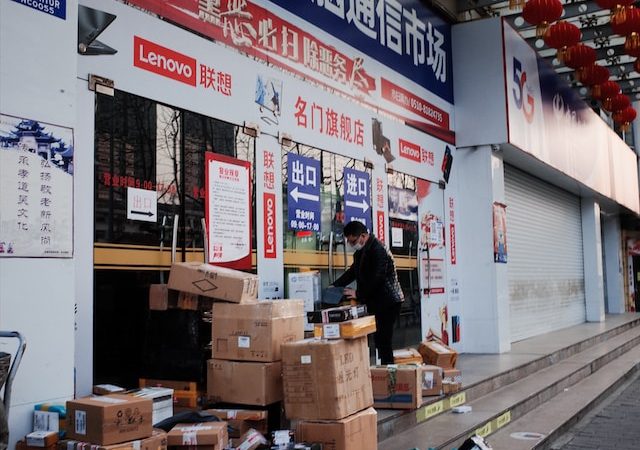In the early days of the Covid-19 pandemic, the world looked to China for answers. Unfortunately, what we got was a narrative that was carefully crafted by the Chinese government through censorship and propaganda. China’s censorship of information related to the Covid-19 outbreak has been well-documented. The government has suppressed information about the virus, punished
In the early days of the Covid-19 pandemic, the world looked to China for answers. Unfortunately, what we got was a narrative that was carefully crafted by the Chinese government through censorship and propaganda.
China’s censorship of information related to the Covid-19 outbreak has been well-documented. The government has suppressed information about the virus, punished whistleblowers, and controlled the narrative through its state-run media. The result has been a skewed and incomplete picture of what actually happened in the early days of the outbreak.
One of the most notable examples of this censorship was the silencing of Dr. Li Wenliang. Dr. Li was an ophthalmologist in Wuhan who tried to warn his colleagues about the virus in its early stages. Instead of being heeded, he was reprimanded by Chinese authorities and accused of spreading rumors. Dr. Li later contracted Covid-19 and died, becoming a symbol of the government’s mishandling of the outbreak.
But it’s not just whistleblowers like Dr. Li who have been silenced. Journalists who have attempted to report on the issue have been harassed and arrested, while citizens who have spoken out about the government’s handling of the outbreak have faced retaliation.
The government has also used propaganda to shape the Covid-19 narrative. State-run media outlets have praised China’s response to the outbreak, painting the government as heroic and effective. This messaging has been used to bolster the government’s legitimacy both at home and abroad, while deflecting criticism about its handling of the outbreak.
This kind of censorship and propaganda is not just a problem for China. It has far-reaching implications for the global response to the pandemic. If information is being suppressed and the narrative is being controlled, it becomes difficult for other countries to get a clear picture of what is happening in China and respond appropriately.
Additionally, the Chinese government’s censorship and propaganda could undermine efforts to prevent future pandemics. If the world is not getting accurate information about how the outbreak started and what the government’s response was, it becomes more difficult to learn from these mistakes and prevent similar outbreaks from happening in the future.
It’s clear that the dark side of Chinese censorship is not just a domestic issue, but a global one. As journalists, it’s our responsibility to continue to shine a light on this issue and hold those in power accountable for their actions. We must remain vigilant in our reporting, verifying information and uncovering sources to ensure that the truth is told.
In conclusion, the Chinese government’s censorship and propaganda surrounding the Covid-19 outbreak has had serious implications for the global response to the pandemic. It’s essential that we continue to report on this issue accurately and impartially, holding those in power accountable and advocating for transparency and free speech. Only then can we hope to prevent similar outbreaks in the future and ensure the safety and well-being of people around the world.

















Leave a Comment
Your email address will not be published. Required fields are marked with *